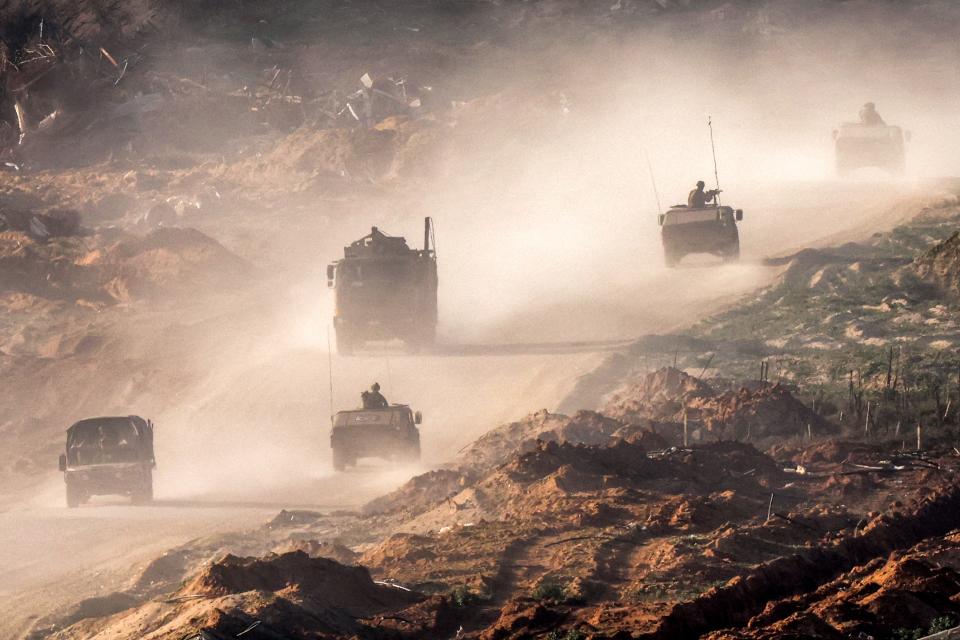For about seven days at the end of November, Israel initiated a cease-fire. That should have provided sufficient time for the U.N. and some of the international critics of Israel’s conduct of the war to display a sense of humanity regarding the suffering in Gaza. Instead of blaming Israel for creating a crisis in Gaza’s hospitals due to an ever increasing number of injured and ill patients, why was there no effort to take advantage of the cease-fire? Patients should have been transferred via medivac helicopter to hospitals in nearby states. Yet the international community let the problems in Gaza’s hospitals continue to fester. Why?

More perspective: Ugly rise in antisemitism after Hamas attack on Israel has deep roots in American history
Similarly, the only available route for the delivery of essential food, water and medical supplies was by land and continues to be difficult and very slow. For seven days, the much needed supplies could have been delivered by air under the U.N. banner via helicopter. For seven days, the U.N. could have supervised the safe distribution of the goods, making sure they actually went to those in need rather than to Hamas. Why was nothing done to ease the suffering for at least those seven days of the cease-fire?
The U.N., together with the international community, must share the blame for the continued suffering in Gaza.
Irving A. Gelb
North Bergen
This article originally appeared on NorthJersey.com: Gaza humanitarian crisis: U.N. must share some blame


